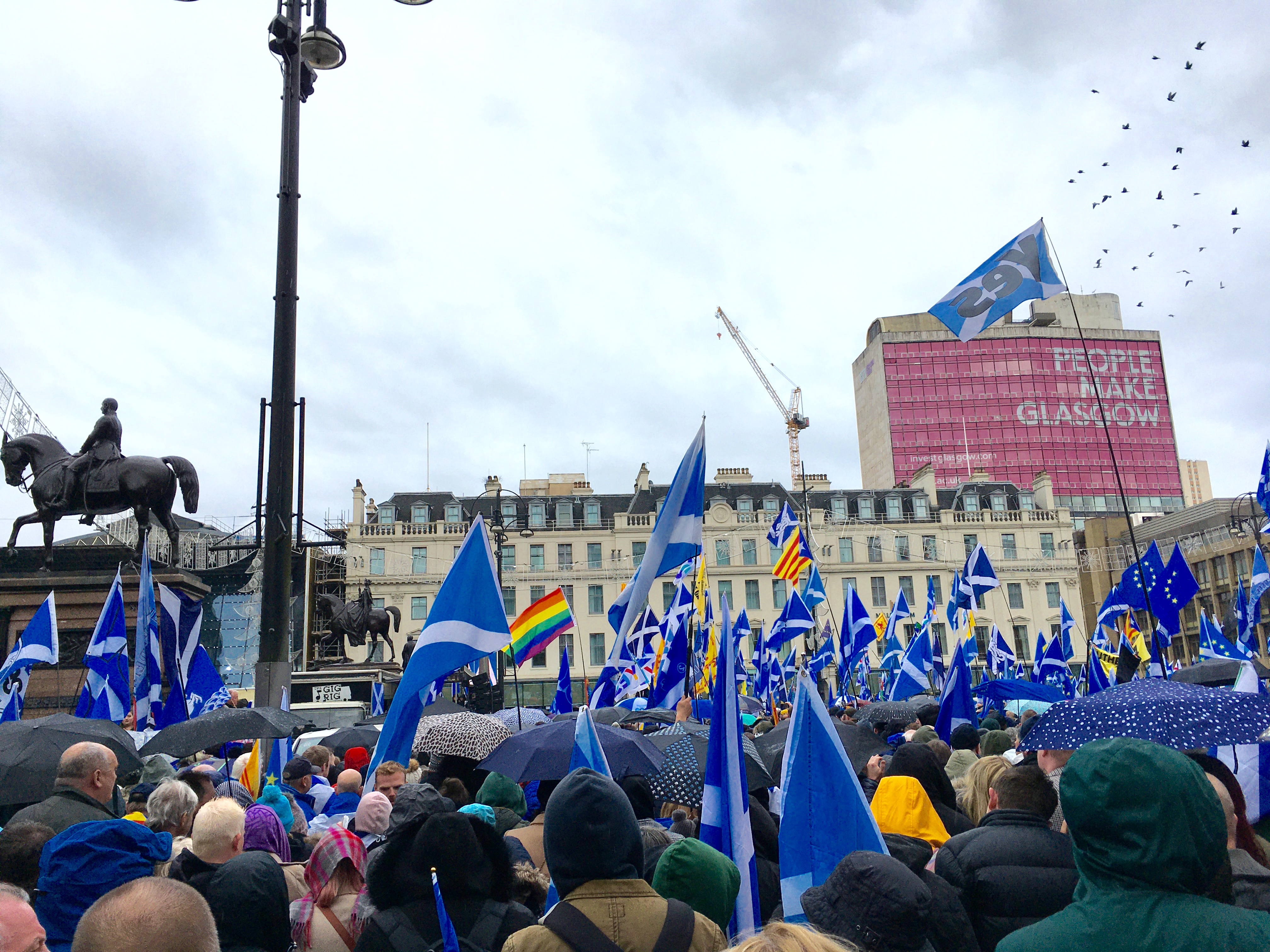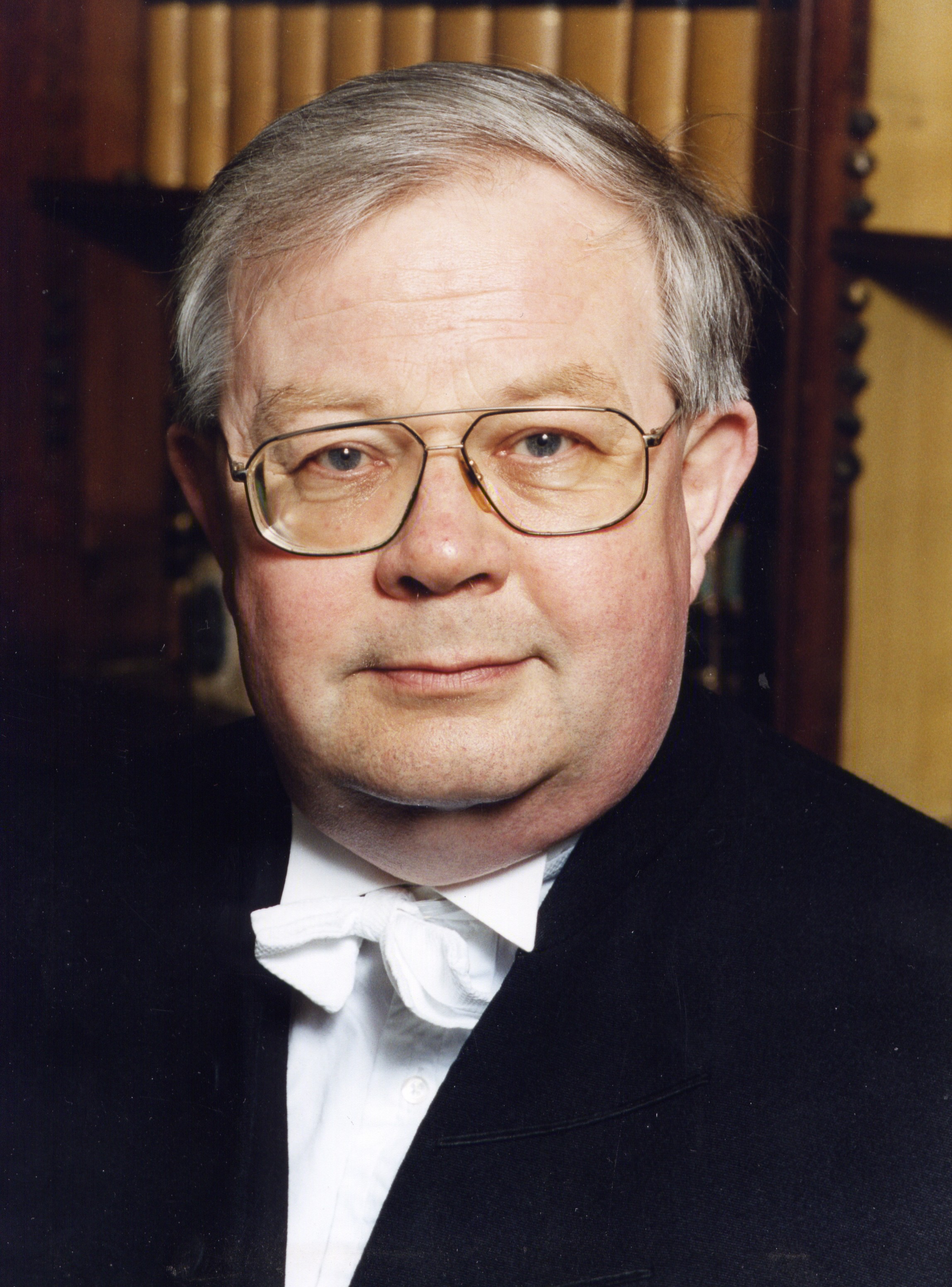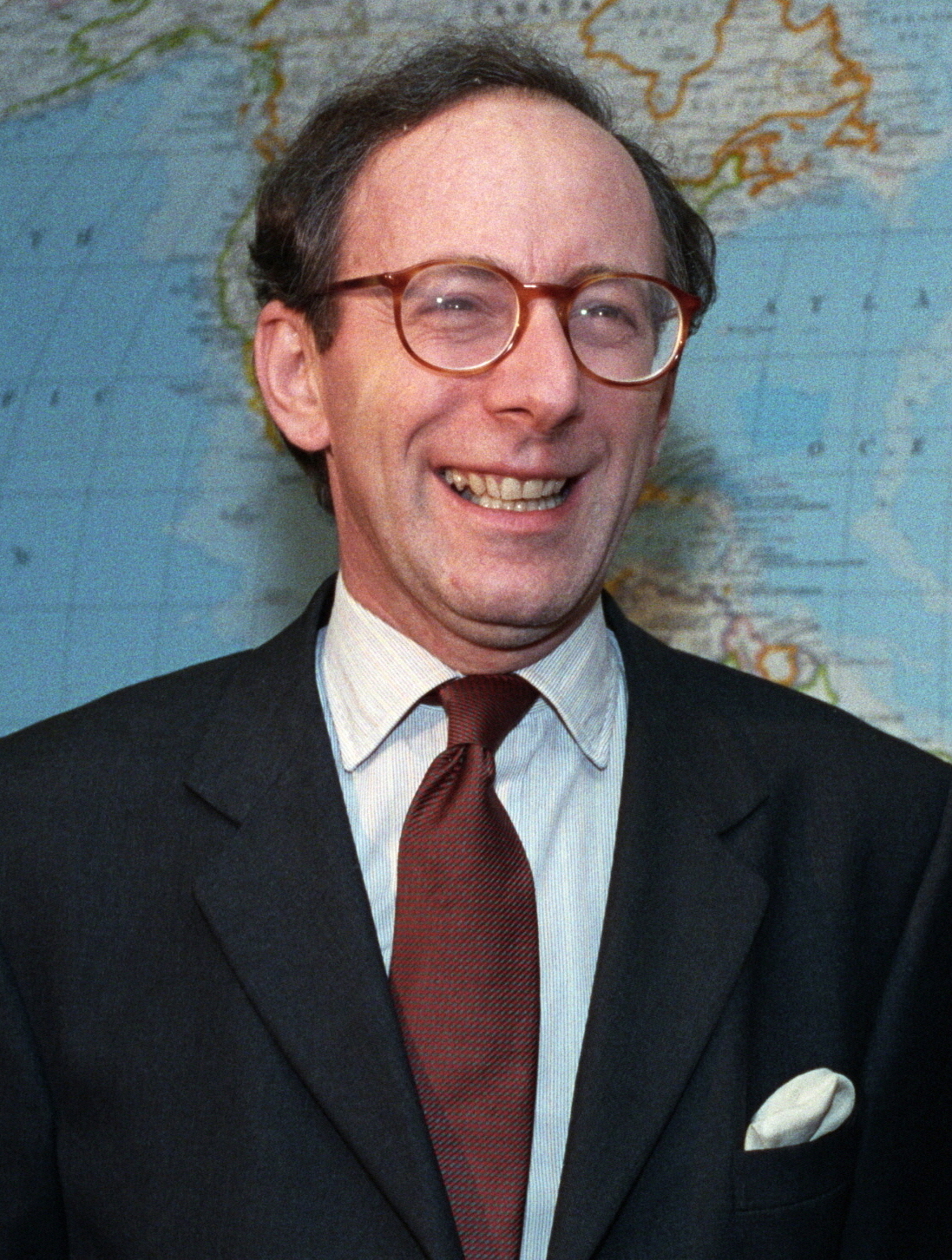|
English Votes On English Laws
English votes for English laws (EVEL) was a set of procedures of the House of Commons of the United Kingdom, House of Commons of the Parliament of the United Kingdom whereby legislation that affected only England required the support of a majority of MPs representing English constituencies. The procedures were in place between 2015 and 2021. They were developed following devolution in the United Kingdom as a result of the West Lothian question, a concern about the perceived inequity of MPs from Northern Ireland, Scotland and Wales, sitting in the House of Commons being able to vote on matters that affected only England, while MPs from England were unable to vote on matters that had been devolved to the Northern Ireland Assembly, the Scottish Parliament and the Senedd. During the 2000s a number of pieces of legislation which affected only or mainly England were passed by the UK Parliament, although the votes cast by MPs were such that the legislation would not have been passed if ... [...More Info...] [...Related Items...] OR: [Wikipedia] [Google] [Baidu] |
House Of Commons Of The United Kingdom
The House of Commons is the lower house of the Parliament of the United Kingdom. Like the upper house, the House of Lords, it meets in the Palace of Westminster in London, England. The House of Commons is an elected body consisting of 650 members known as members of Parliament (MPs). MPs are elected to represent constituencies by the first-past-the-post system and hold their seats until Parliament is dissolved. The House of Commons of England started to evolve in the 13th and 14th centuries. In 1707 it became the House of Commons of Great Britain after the political union with Scotland, and from 1800 it also became the House of Commons for Ireland after the political union of Great Britain and Ireland. In 1922, the body became the House of Commons of the United Kingdom of Great Britain and Northern Ireland after the independence of the Irish Free State. Under the Parliament Acts 1911 and 1949, the Lords' power to reject legislation was reduced to a delaying power. The g ... [...More Info...] [...Related Items...] OR: [Wikipedia] [Google] [Baidu] |
BBC News Online
BBC News Online is the website of BBC News, the division of the BBC responsible for newsgathering and production. It is one of the most popular news websites, with 1.2 billion website visits in April 2021, as well as being used by 60% of the UK's internet users for news. The website contains international news coverage, as well as British, entertainment, science, and political news. Many reports are accompanied by audio and video from the BBC's television and radio news services, while the latest TV and radio bulletins are also available to view or listen to on the site together with other current affairs programmes. BBC News Online is closely linked to its sister department website, that of BBC Sport. Both sites follow similar layout and content options and respective journalists work alongside each other. Location information provided by users is also shared with the website of BBC Weather to provide local content. From 1998 to 2001 the site was named best news website at t ... [...More Info...] [...Related Items...] OR: [Wikipedia] [Google] [Baidu] |
Prime Minister Of The United Kingdom
The prime minister of the United Kingdom is the head of government of the United Kingdom. The prime minister advises the sovereign on the exercise of much of the royal prerogative, chairs the Cabinet and selects its ministers. As modern prime ministers hold office by virtue of their ability to command the confidence of the House of Commons, they sit as members of Parliament. The office of prime minister is not established by any statute or constitutional document, but exists only by long-established convention, whereby the reigning monarch appoints as prime minister the person most likely to command the confidence of the House of Commons; this individual is typically the leader of the political party or coalition of parties that holds the largest number of seats in that chamber. The prime minister is '' ex officio'' also First Lord of the Treasury, Minister for the Civil Service and the minister responsible for national security. Indeed, certain privileges, such as List ... [...More Info...] [...Related Items...] OR: [Wikipedia] [Google] [Baidu] |
2014 Scottish Independence Referendum
A referendum on Scottish independence from the United Kingdom was held in Scotland on 18 September 2014. The referendum question was, "Should Scotland be an independent country?", which voters answered with "Yes" or "No". The "No" side won with 2,001,926 (55.3%) voting against independence and 1,617,989 (44.7%) voting in favour. The turnout of 84.6% was the highest recorded for an election or referendum in the United Kingdom since the January 1910 general election, which was held before the introduction of universal suffrage. The Scottish Independence Referendum Act 2013 set out the arrangements for the referendum and was passed by the Scottish Parliament in November 2013, following an agreement between the devolved Scottish government and the Government of the United Kingdom. The independence proposal required a simple majority to pass. All European Union (EU) or Commonwealth citizens residing in Scotland age 16 or over could vote, with some exceptions, which produced ... [...More Info...] [...Related Items...] OR: [Wikipedia] [Google] [Baidu] |
Scottish Independence
Scottish independence ( gd, Neo-eisimeileachd na h-Alba; sco, Scots unthirldom) is the idea of Scotland as a sovereign state, independent from the United Kingdom, and refers to the political movement that is campaigning to bring it about. Scotland was an independent kingdom through the Middle Ages, and fought wars to maintain its independence from England. The two kingdoms were joined in personal union in 1603 when the Scottish King James VI became James I of England, and the two kingdoms united politically into one kingdom called Great Britain in 1707. Political campaigns for Scottish self-government began in the 19th century, initially in the form of demands for home rule within the United Kingdom. Two referendums on devolution were held in 1979 and 1997, with a devolved Scottish Parliament being established on 1 July 1999. The pro-independence Scottish National Party first became the governing party of the devolved parliament in 2007, and it won an outright majority of ... [...More Info...] [...Related Items...] OR: [Wikipedia] [Google] [Baidu] |
William McKay (parliamentary Official)
Sir William Robert McKay, KCB, (born 18 April 1939), is a British administrator. He was Clerk of the House of Commons between 1998 and 2002, and was appointed in 2012 to chair the Commission on the consequences of devolution for the House of Commons, which reported the following year. Biography After graduating from the University of Edinburgh, he entered the Clerks Department of the House of Commons in 1961, rising to become Clerk of the House in 1998.''Hansard'', HC Deb 11 December 2002 vol 396 cc289-98 Retrieved 25 March 2013 Following his retirement in 2002, he took up a position as professor in the School of Law at |
Jack Straw
John Whitaker Straw (born 3 August 1946) is a British politician who served in the Cabinet from 1997 to 2010 under the Labour governments of Tony Blair and Gordon Brown. He held two of the traditional Great Offices of State, as Home Secretary from 1997 to 2001, and Foreign Secretary from 2001 to 2006 under Blair. He was a Member of Parliament (MP) for Blackburn from 1979 to 2015. Straw was born in Essex and educated at Oaklands School, where his mother worked as a teacher, and later at Brentwood School. He studied Law at the University of Leeds before having a career as a barrister. He served as an adviser to cabinet minister Barbara Castle and was selected to succeed her as MP for the Blackburn constituency when she stood down at the 1979 United Kingdom general election. From 2007 to 2010, he served as Lord High Chancellor of Great Britain and the Secretary of State for Justice throughout the Brown ministry. Straw is one of only three individuals to have served in Cabinet ... [...More Info...] [...Related Items...] OR: [Wikipedia] [Google] [Baidu] |
Malcolm Rifkind
Sir Malcolm Leslie Rifkind (born 21 June 1946) is a British politician who served in the cabinets of Margaret Thatcher and John Major from 1986 to 1997, and most recently as chair of the Intelligence and Security Committee of Parliament from 2010 to 2015. Rifkind was the MP for Edinburgh Pentlands from 1974 to 1997. He served in various roles as a Cabinet minister, including Secretary of State for Scotland from 1986 to 1990, Defence Secretary from 1992 to 1995, and Foreign Secretary from 1995 to 1997. In 1997, his party lost power and he lost his seat to the Labour Party. He attempted, unsuccessfully, to be re-elected in Pentlands in 2001; the constituency was abolished before the 2005 general election and he was adopted, and subsequently elected, as the Conservative candidate for Kensington and Chelsea. He announced his intention to seek the leadership of the party before the 2005 Conservative Party leadership election, but withdrew before polling commenced. Rifkind stoo ... [...More Info...] [...Related Items...] OR: [Wikipedia] [Google] [Baidu] |
Reading (legislature)
A reading of a bill is a stage of debate on the bill held by a general body of a legislature. In the Westminster system, developed in the United Kingdom, there are generally three readings of a bill as it passes through the stages of becoming, or failing to become, legislation. Some of these readings may be formalities rather than actual debate. The procedure dates back to the centuries before literacy was widespread. Since many members of Parliament were illiterate, the Clerk of Parliament would read aloud a bill to inform members of its contents. By the end of the 16th century, it was practice to have the bill read on three occasions before it was passed. Preliminary reading In the Israeli Knesset, private member bills do not enter the house at first reading. Instead, they are subject to a preliminary reading, where the members introducing the bill present it to the Knesset, followed by a debate on the general outlines of the bill followed by a vote on whether to send it t ... [...More Info...] [...Related Items...] OR: [Wikipedia] [Google] [Baidu] |
Kenneth Clarke
Kenneth Harry Clarke, Baron Clarke of Nottingham, (born 2 July 1940), often known as Ken Clarke, is a British politician who served as Home Secretary from 1992 to 1993 and Chancellor of the Exchequer from 1993 to 1997 as well as serving as deputy chair of British American Tobacco from 1998 to 2007. A member of the Conservative Party, he was Member of Parliament (MP) for Rushcliffe from 1970 to 2019 and was Father of the House of Commons between 2017 and 2019. The President of the Tory Reform Group since 1997, he is a one-nation conservative who identifies with economically and socially liberal views. Clarke served in the Cabinets of Margaret Thatcher and John Major as Chancellor of the Duchy of Lancaster from 1987 to 1988, Health Secretary from 1988 to 1990, and Education Secretary from 1990 to 1992. He held two of the Great Offices of State as Home Secretary and Chancellor of the Exchequer. He contested the Conservative Party leadership three times—in 1997, 2001 and ... [...More Info...] [...Related Items...] OR: [Wikipedia] [Google] [Baidu] |
David Cameron
David William Donald Cameron (born 9 October 1966) is a British former politician who served as Prime Minister of the United Kingdom from 2010 to 2016 and Leader of the Conservative Party from 2005 to 2016. He previously served as Leader of the Opposition from 2005 to 2010, and was Member of Parliament (MP) for Witney from 2001 to 2016. He identifies as a one-nation conservative, and has been associated with both economically liberal and socially liberal policies. Born in London to an upper-middle-class family, Cameron was educated at Heatherdown School, Eton College, and Brasenose College, Oxford. From 1988 to 1993 he worked at the Conservative Research Department, latterly assisting the Conservative Prime Minister John Major, before leaving politics to work for Carlton Communications in 1994. Becoming an MP in 2001, he served in the opposition shadow cabinet under Conservative leader Michael Howard, and succeeded Howard in 2005. Cameron sought to rebrand the Conservat ... [...More Info...] [...Related Items...] OR: [Wikipedia] [Google] [Baidu] |
Tim Yeo
Timothy Stephen Kenneth Yeo (born 20 March 1945) is a British politician. A member of the Conservative Party, he was the Member of Parliament (MP) for the constituency of South Suffolk between the 1983 United Kingdom general election and that of 2015, when he was deselected by his constituency party. Yeo served as the Minister for the Environment and Countryside from 1993 to 1994 in the government of Prime Minister John Major. He also served in the Shadow Cabinet from 1998 to 2005 under Conservative Party leaders William Hague, Iain Duncan Smith and Michael Howard. Early life Yeo was educated at Charterhouse School, before going on to Emmanuel College, Cambridge where he read History and graduated in 1968. At university he "did no work, got a poor degree and adored it". From 1970–73, Yeo was Assistant Treasurer of Bankers Trust Company. Then, from 1975–86, he was a Director of Worcester Engineering Company. From 1980–83, he was Chief Executive of the Spastics Society ( ... [...More Info...] [...Related Items...] OR: [Wikipedia] [Google] [Baidu] |






